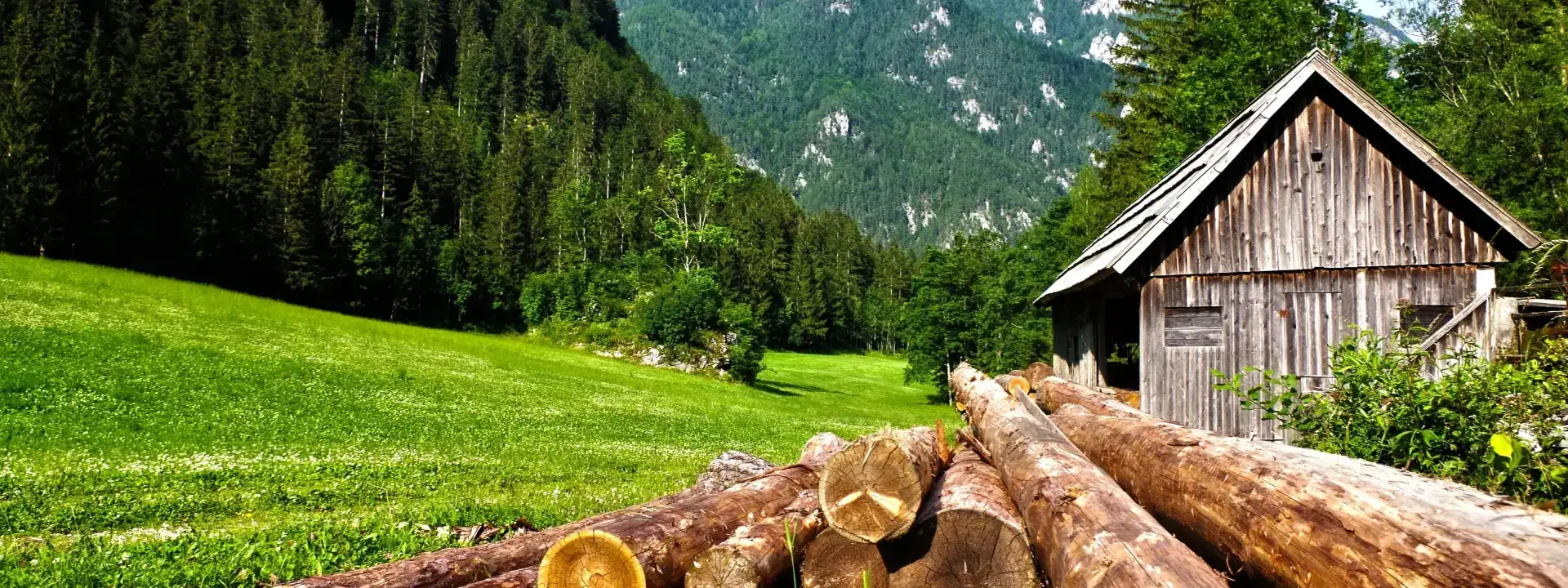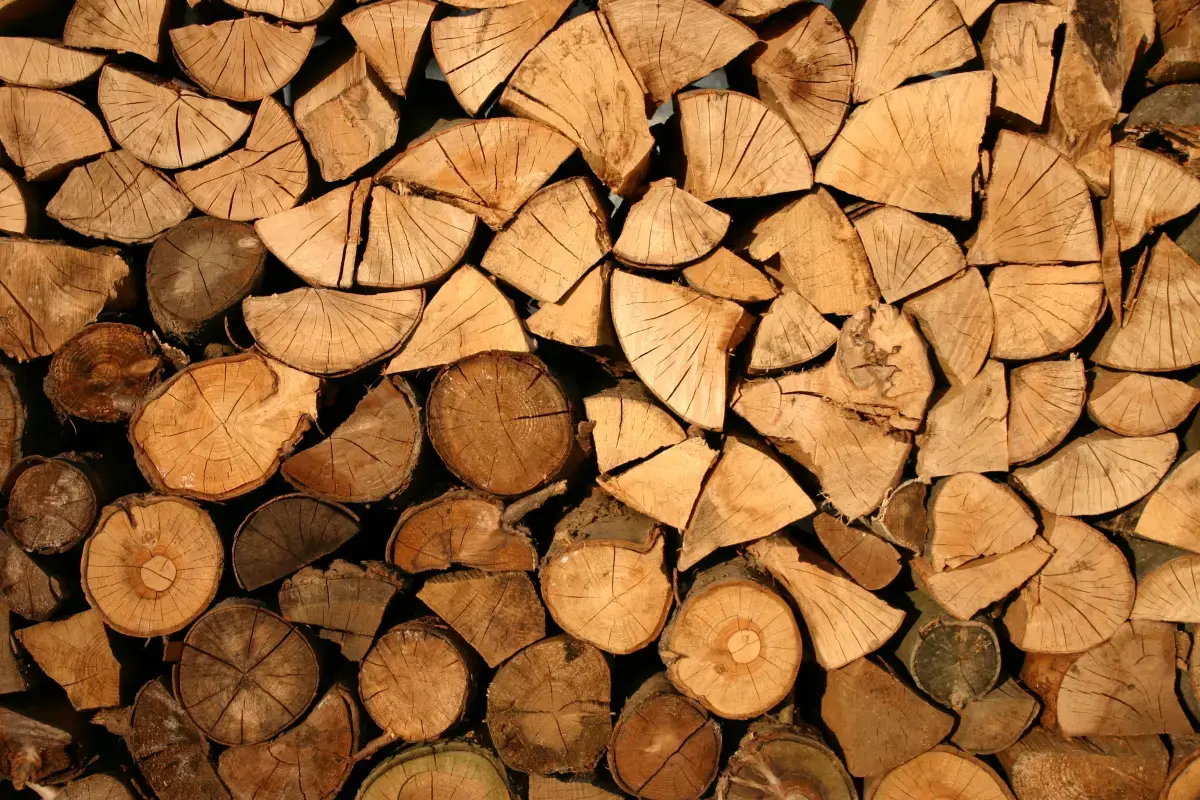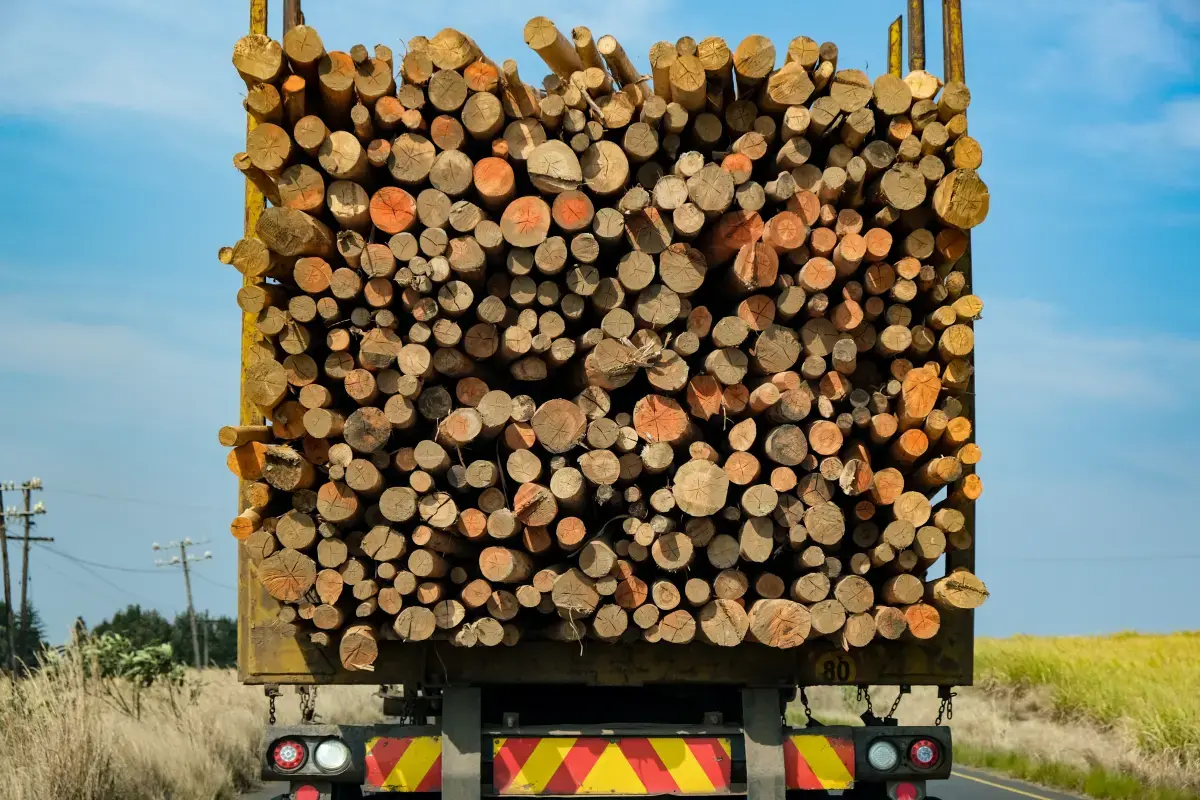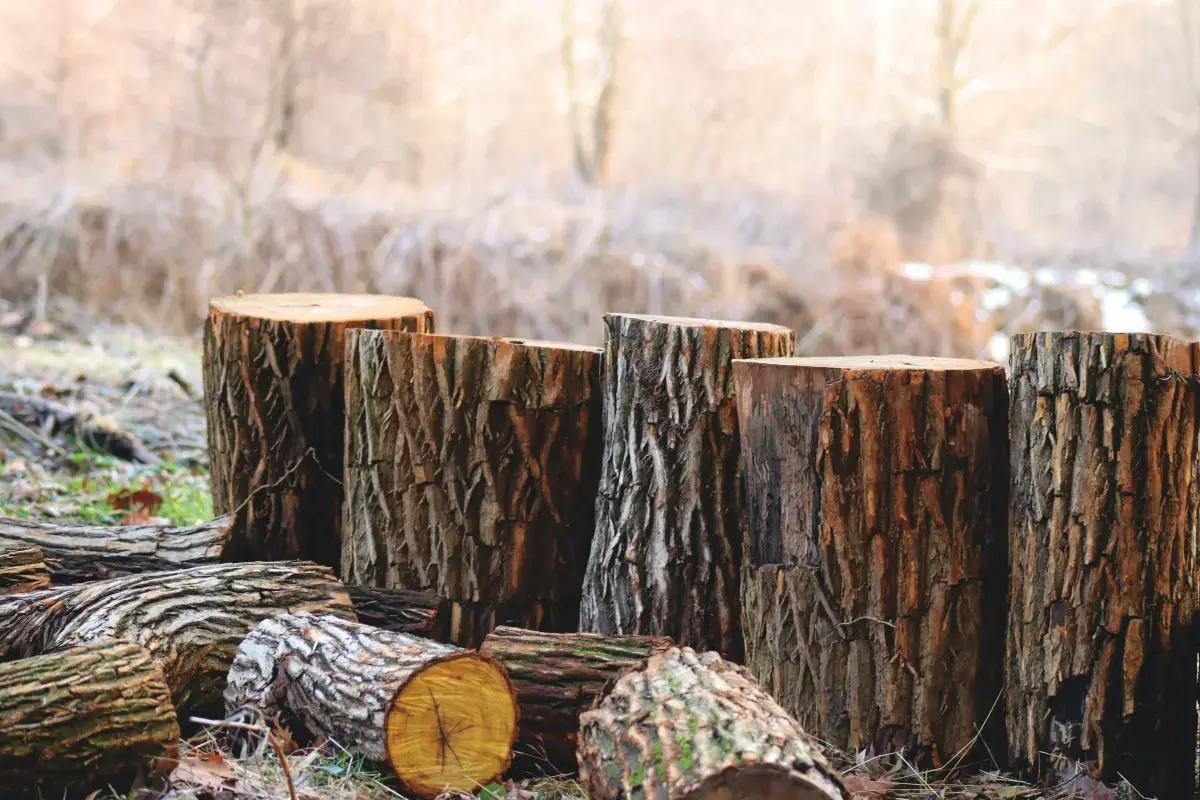
Logging Forestry Job Description
What is a Logging Forestry Professional?
A logging and forestry worker is a person who is responsible for the felling, cutting, and removal of trees in forests. They may also be responsible for the maintenance and upkeep of equipment used in these activities. Logging and forestry workers typically work in teams of two or more, and may be required to travel to remote locations to perform their work.

What does a Logging Forestry Expert do?
The job of a logging and forestry worker can be physically demanding, as it often involves working in difficult and sometimes dangerous conditions. Logging and forestry workers must be able to use a variety of tools and equipment, and must be familiar with safety procedures. They also need to be able to communicate effectively with other members of their team.

What are the Skills of a Logging Forestry?
A logging worker needs a variety of skills and experience to perform their job effectively. One of the most important skills is the ability to use a chainsaw. Chainsaws are the primary tool used in logging, and workers need to be able to safely and efficiently operate them. Other important skills include the ability to fell trees, trim branches, and cut logs to the desired length. Logging workers also need to be physically strong and able to lift heavy logs.

What makes an Expert Logging Forestry?
Additionally, they need to have a good understanding of the different types of trees and how to identify them. This knowledge is used to select the best trees to harvest and to determine the best way to harvest them. In addition to the specific skills required to do the job, logging workers also need to have a strong work ethic and be able to work long hours in difficult conditions. They must be able to work independently and follow instructions from their supervisor. Logging is a dangerous job, and workers need to be aware of the potential hazards and how to avoid them.

What level of Experience & Qualifications are required to be a Logging Forestry?
Industry Experience: 1. At least 5 years of logging and forestry experience in a professional setting, preferably working independently or with a team. 2. Knowledge of proper safety protocols for the job, such as wearing protective gear and following safe operating procedures when using equipment. 3. Ability to work long hours outdoors in all types of weather while maintaining productivity and accuracy levels expected by management or client expectations.. 4. Extensive knowledge of timber harvesting techniques and processes including felling trees, bucking logs into usable lengths, delimbing/debranching trees, skidding logs out of the woods to be loaded onto trucks in an efficient manner that minimizes environmental damage from soil erosion etc., Training & Qualifications: 1. Completion of approved training programs related to log harvesting operations (e.g., chainsaw operation) as well as any other relevant courses that may be beneficial for this line of work (e.g., first aid). 2 Certification from professional organizations like The Logging Professionals Association is highly desirable but not required depending on employer needs; however certification provides proof that you have met certain standards set forth by industry professionals which employers look favorably upon . Education Requirements: Minimum high school diploma or equivalent preferred; post-secondary education in forestry science may give applicants an edge over their competition if they can demonstrate how their specialized field studies will apply directly to the job duties at hand

What is the Salary of a Logging Forestry?
The salary expectations of a logging and forestry worker can vary greatly depending on experience, qualifications, and the industry they are working in. At the junior level, salaries typically start around $20-$30 per hour. As workers progress through their career and gain more experience, they may be able to command higher wages with some reaching up to $50 per hour or even higher for those in specialized fields. Senior-level logging & forestry workers often earn significantly more than entry-level employees due to their extensive knowledge of logging operations and management practices; these professionals can expect annual incomes ranging from $60K -$100K+. Additionally, senior-level positions tend to come with additional perks such as bonuses or other forms of compensation like health insurance plans or retirement contributions.

What are the Working Conditions for a Logging Forestry?
Logging and forestry workers typically work outdoors in forests, logging yards and other wooded areas. They may be exposed to a variety of weather conditions including rain, snow, heat and humidity. Depending on the job they are doing, they may also have to climb trees or operate heavy machinery such as chain saws or skidders. Logging and forestry jobs can be physically demanding; for example, some tree-climbing positions require strength training beforehand. Work hours vary by employer but usually involve long days with overtime often necessary during peak seasons. Safety equipment is required when working around hazardous tools like chainsaws; overall safety practices must always be adhered to while performing the job duties of logging and forestry workers due to the potential risks involved in operating dangerous machinery in potentially unsteady terrain. Workers should take frequent breaks while out in the woods due to high levels of physical exertion that come with this type of work environment as well as exposure hazards like sunburn or insect bites if protective clothing is not worn properly at all times

What are the roles and responsibilities of a Logging Forestry?
Cut down trees
Haul logs to a collection point
Operate a log skidder
Operate a log loader
Operate a log truck
Operate a log crane
Operate a log processor
Operate a log chipper
Sort logs by species and grade
Stack logs in the log yard
Load logs onto log trucks
Drive log trucks to the sawmill
Unload logs at the sawmill
Stack logs at the sawmill
Operate a log debarker
Operate a log saw
Operate a log edger
Operate a log trimmer
Operate a log planer
Operate a log sorter

Where can I find Logging Forestry jobs?
- Create a profile on gigexchange and promote your Logging Forestry skills to advertise you are Open to New Work Opportunities
- Ensure your Resume (or CV), or online work profile is up to date and represents your skills and experience. Ensure your reputation reflects your ability & attitude.
- Apply for Logging Forestry Jobs advertised on gigexchange.
- Practise Logging Forestry interview techniques to ensure you represent your personality and ability succinctly and confidently.
- Accept the job offer if the salary meets your expectations and the employer mission and purpose reflects your core values.
Jobs
What are the best job boards for Logging jobs?

How can I hire Logging Forestry staff online for my business?
The best job board for recruiting Logging Forestry experts is gigexchange.com. Advertise full-time, part-time or contract jobs to find, hire & recruit trusted, experienced and talented Logging Forestry candidates near you.

Are Logging Forestry roles in demand in 2026?
Logging Forestry experts are still in high demand in 2026. If you are an experienced Logging Forestry or looking to train and become one. The job market is looking strong for Logging Forestry jobs near me.